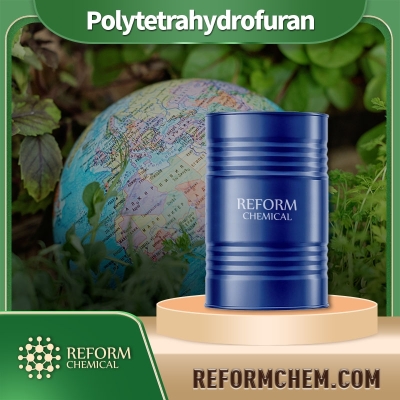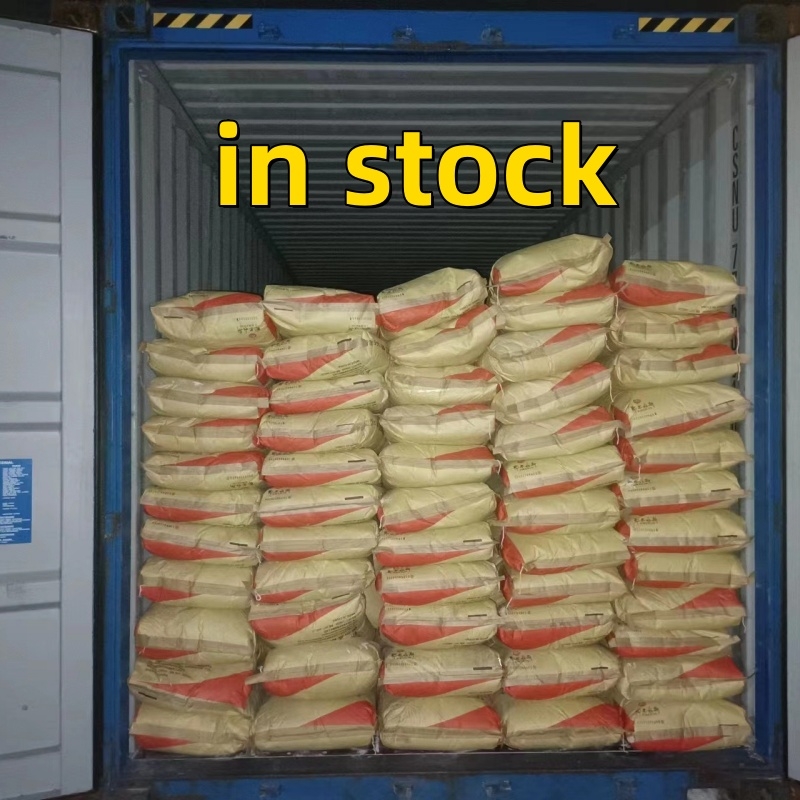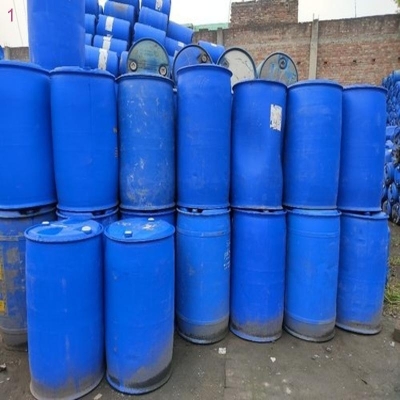-
Categories
-
Pharmaceutical Intermediates
-
Active Pharmaceutical Ingredients
-
Food Additives
- Industrial Coatings
- Agrochemicals
- Dyes and Pigments
- Surfactant
- Flavors and Fragrances
- Chemical Reagents
- Catalyst and Auxiliary
- Natural Products
- Inorganic Chemistry
-
Organic Chemistry
-
Biochemical Engineering
- Analytical Chemistry
-
Cosmetic Ingredient
- Water Treatment Chemical
-
Pharmaceutical Intermediates
Promotion
ECHEMI Mall
Wholesale
Weekly Price
Exhibition
News
-
Trade Service
A few days ago, the outline of Shanxi's "13th Five-Year Plan" was released at the fifth session of the 12th People's Congress, which proposed that the province intends to control the raw coal industry within
1 billion tons during the "13th Five-Year Plan" period.
With the rise of the new energy industry, the raw coal industry is struggling
.
The data shows that the comprehensive selling price of a ton of coal in December 2015 fell by 431.
8 yuan per ton compared with the highest point in May 2011, a decrease of 66%.
In the past two years, the profit of coal in Shanxi Province has dropped from "earning a bottle of mineral water per ton" to "digging a ton and losing more than 100 yuan"
.
In 2015, Shanxi's coal production, which is severely overcapacity, fell to 944 million tonnes
for the first time in recent years.
A few days ago, the outline of Shanxi's "13th Five-Year Plan" was released at the fifth session of the 12th People's Congress, which proposed that the province intends to control the raw coal industry within
1 billion tons during the "13th Five-Year Plan" period.
With the rise of the new energy industry, the raw coal industry is struggling
.
The data shows that the comprehensive selling price of a ton of coal in December 2015 fell by 431.
8 yuan per ton compared with the highest point in May 2011, a decrease of 66%.
In the past two years, the profit of coal in Shanxi Province has dropped from "earning a bottle of mineral water per ton" to "digging a ton and losing more than 100 yuan"
.
In 2015, Shanxi's coal production, which is severely overcapacity, fell to 944 million tonnes
for the first time in recent years.







